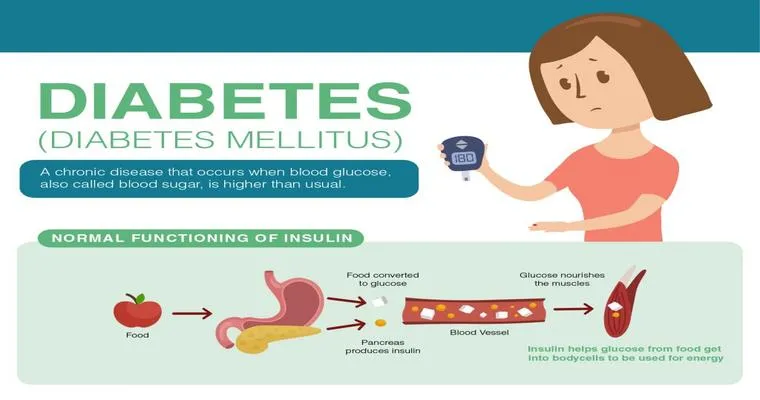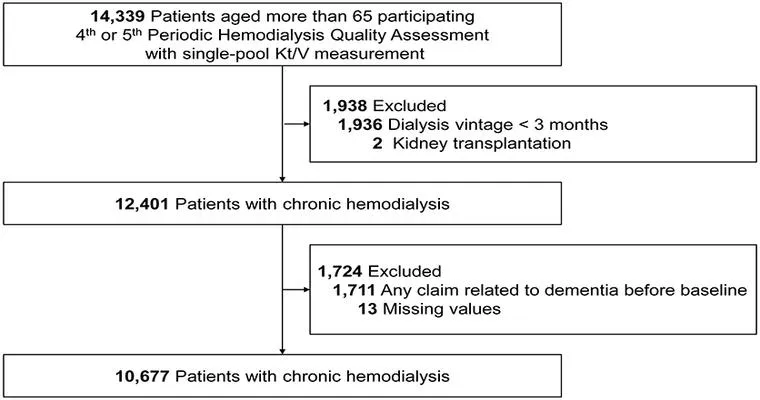Diabetes is a "chronic condition" that affects millions of people worldwide. It occurs when the body either does not produce enough "insulin" or cannot effectively use the insulin it produces. This results in high levels of "blood sugar" (glucose) in the bloodstream, leading to various health complications if not managed properly. Understanding diabetes is crucial for prevention, management, and improving the quality of life for those affected.
Types of Diabetes
There are mainly three types of diabetes: "Type 1 diabetes", "Type 2 diabetes", and "Gestational diabetes".
"Type 1 diabetes" is an autoimmune condition where the immune system attacks insulin-producing cells in the pancreas. This type is usually diagnosed in children and young adults, hence its former name, juvenile diabetes. People with Type 1 diabetes require lifelong insulin therapy.
"Type 2 diabetes" is the most common form of diabetes, accounting for approximately 90-95% of all cases. It typically develops in adults, although it has become increasingly prevalent among children and adolescents due to rising obesity rates. In Type 2 diabetes, the body becomes resistant to insulin or does not produce enough insulin to maintain normal glucose levels. Lifestyle changes, oral medications, and sometimes insulin therapy are used for management.
"Gestational diabetes" occurs during pregnancy and affects how the body processes glucose. Although it usually resolves after childbirth, women who experience gestational diabetes are at higher risk of developing Type 2 diabetes later in life.
Symptoms of Diabetes
Common symptoms of diabetes include excessive thirst, frequent urination, extreme fatigue, blurred vision, and slow-healing sores. However, symptoms can vary depending on the type and severity of the disease. Some individuals with Type 2 diabetes may not experience symptoms initially, making regular screening important for early detection.
Risk Factors
Several risk factors can increase the likelihood of developing diabetes. For Type 1 diabetes, the exact cause is still unknown, but genetics and environmental factors may play a role. For Type 2 diabetes, risk factors include obesity, sedentary lifestyle, family history, age, and certain ethnic backgrounds. Gestational diabetes is more common in women who are overweight or have a family history of diabetes.
Complications of Diabetes
If left unmanaged, diabetes can lead to serious complications such as heart disease, kidney damage, nerve damage, eye problems, and an increased risk of infections. Maintaining "healthy blood sugar levels" is crucial to reducing the risk of these complications.
Management and Prevention
Managing diabetes involves a combination of lifestyle changes and medical interventions. A balanced diet, regular physical activity, and weight management are essential components of diabetes care. Monitoring blood sugar levels and following a treatment plan prescribed by healthcare professionals are also vital for effective management.
Preventive measures for Type 2 diabetes include maintaining a healthy weight, engaging in regular physical activity, and eating a balanced diet rich in fruits, vegetables, whole grains, and lean proteins. Regular health check-ups can also aid in early detection and prevention.
Conclusion
Understanding diabetes is vital for those affected and for the general population. With proper management and lifestyle changes, individuals with diabetes can lead healthy, fulfilling lives. By raising awareness and promoting education about diabetes, we can work towards reducing its prevalence and improving the quality of life for those living with this chronic condition.





